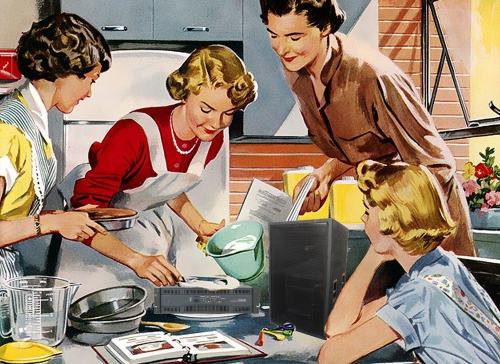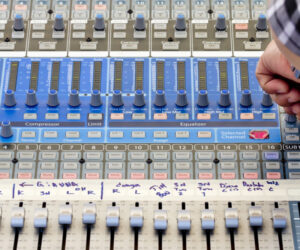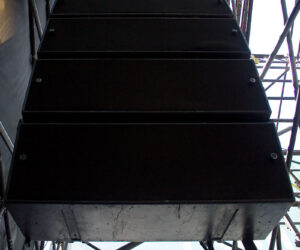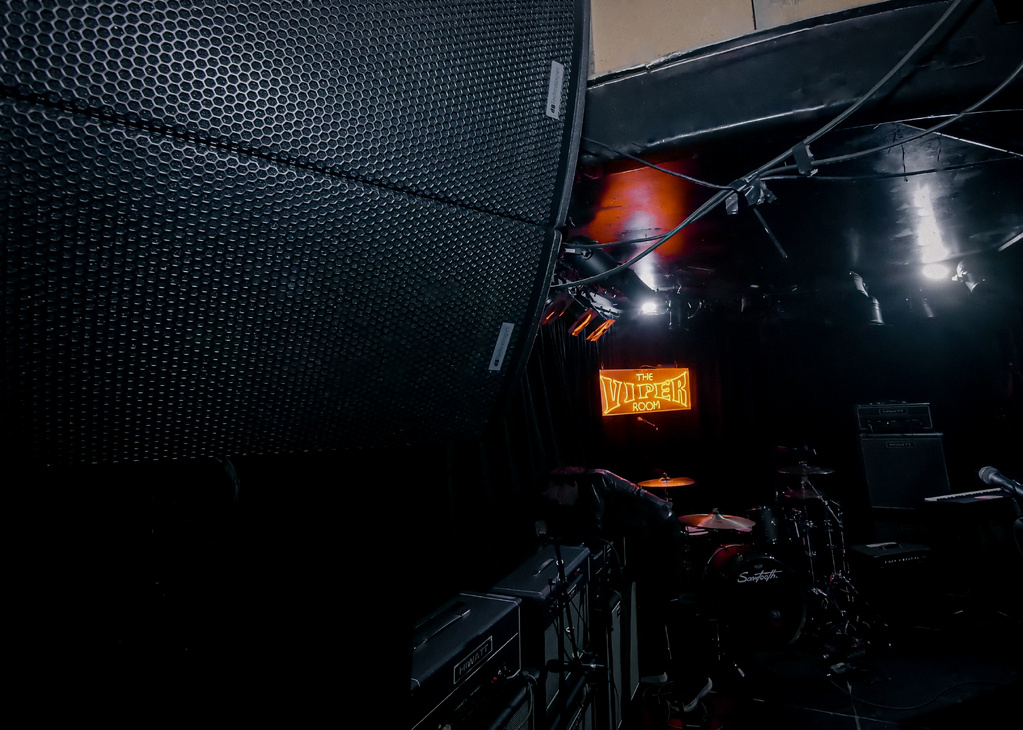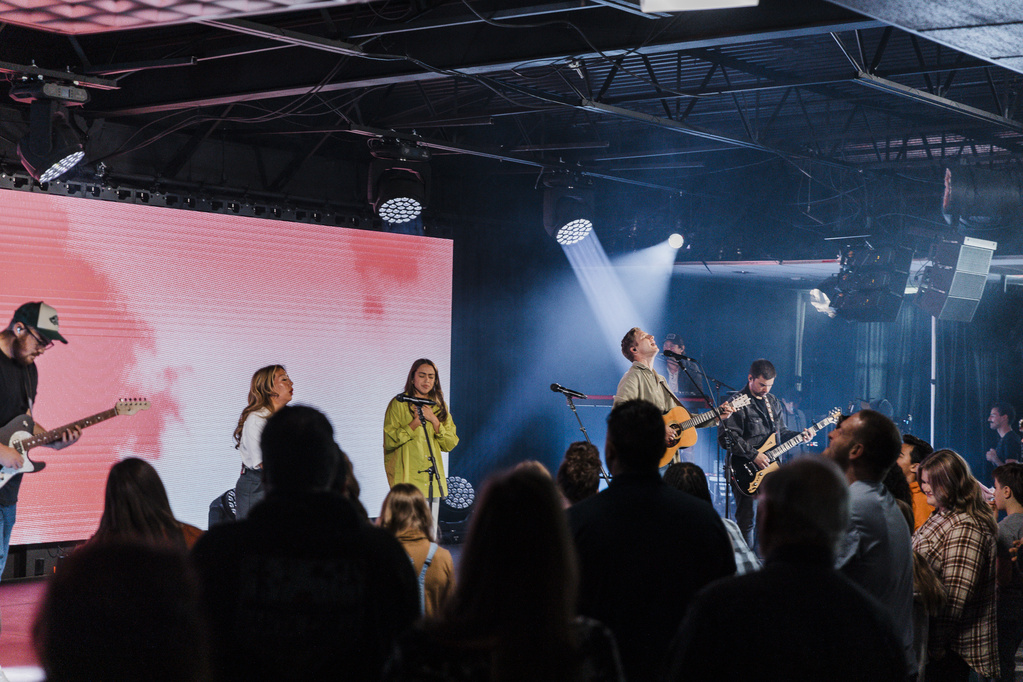A sound tech from Washington writes regarding finding the right house volume levels, “It’s either too loud for the elderly or too soft for the youth, or too much electric or not enough bass, it’s just impossible to please everyone.”
My grandmother’s cooking immediately comes to mind.
She was a good cook. I’m not talking “Paula Dean with butter in everything” or “Bobby Flay with everything jazzed up.“ I’m talking about good simple food. Cooked ham, vegetable soup, you know; simple foods. It was not food that was full of a lot of spices or secret ingredients. But for her family, it’s what they liked.
What would I cook for my grandmother?
Would I cook her a spicy pot of jalapeño-based chili or spicy Thai-shrimp? No. Not because she wouldn’t appreciate it, but because it’s not the type of food that brings her enjoyment. It would bring pain, if anything.
But what if she was one of many people at a family gathering? Then how much do I cater to her? Do her needs take precedent over other people’s dining preferences? Yes! No! Maybe?!?
For whom are you cooking?
It’s a family gathering… you’re in charge of the food for the event… your in-laws are hosting the event and your father-in-law just gave your $1,000 to cover all your food expenses.
Now answer this question… who gives the final O.K. for the menu? Your father-in-law, of course! No question. He’s fronted the money and you want him to be happy. He’s also in a position of leadership (eldership) over everyone else.
For whom are you mixing?
The short answer is…the pastor. Depending on your church structure, it might be the worship leader or an elder board or a creative arts pastor. As much as I’d love to tell you that you’re mixing for the congregation, when it comes to who ultimately has the final word; it’s someone in church leadership. In cases such as this, you can talk with them about comments you are receiving but whatever they say, that’s what you do.
The drums rule… the drums are low key… the electric guitar solo’s rock out… the electric guitar sits back in the mix… it’s up to them.
What if there is no direction?
You might be in a situation where they say “whatever you think sounds good.“ [Gulp] Now what? I could come up with five different scenarios and none would be like your situation. Therefore, I’ll tell you what I’d do…
—Review the mix by overall volume. How loud does it need to be to be worshipful?
—Review the mix by volume of individual instruments. Are they set in good relation to each other? Do I have a good solid mix?
—Watch the audience. If the youth kids are singing with their hands raised but the rest of the congregation just stands there, then lower the volumes.
—Look for a common ground. This is the hard part. You can’t please everyone all the time. You want to please a majority of the people most of the time. You can look at the ratio of demographics. Twenty senior citizens and three youth kids? You mix for the older crowd.
—Ask for pastor-approval and recommendations. There comes a point where you can create a balanced mix that’s good for the majority but you might still get criticism. Talk with the pastor and explain the situation. Somewhere along the lines, someone has to compromise. The pastor might say, “Mix so the oldest lady in the congregation likes it” or “mix for the majority and send people with complaints to me.“
Summary
I never wanted to cook super-spicy food for my grandmother. I wanted to cook food she’d love. But in cooking for a larger audience with varying tastes, I have to recognize that she would be sitting and eating dinner with everyone. Maybe I’d drop the spicy shrimp and swap in something more savory.
It’s not about what we eat together, it’s about dining together. That’s how you and the church leadership should look at the music mix.


